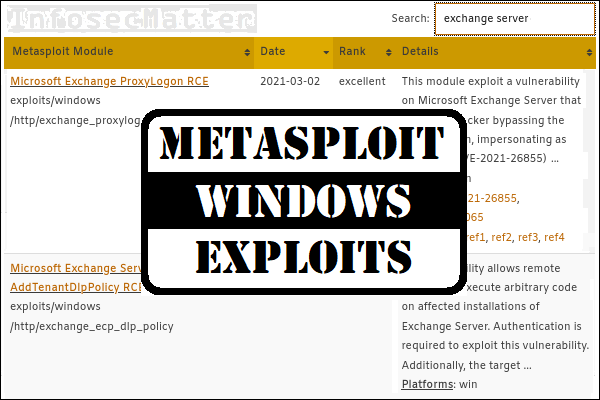
- #How to remove netcat windows vista install
- #How to remove netcat windows vista update
- #How to remove netcat windows vista password
- #How to remove netcat windows vista download
%systemroot%\system32\spool\prtprocs\w32x86\*.tmp

%systemroot%\system32\Spool\prtprocs\w32x86\*.dll * Under the Custom Scan box paste this in: Make sure all other windows are closed and to let it run uninterrupted. Note the space between the "Combofix" and the "/Uninstall" Please, uninstall AskBarDis as it's considered as an adware. A logfile is created and located at C:\Program Files\EsetOnlineScanner\log.txt.Make sure that the option "Remove found threats" is Unchecked, and the option "Scan unwanted applications" is checked.

You can usually do this with its Notification Tray icon near the clock.
#How to remove netcat windows vista install
#How to remove netcat windows vista update
If Combofix asks you to update the program, always allow. If Combofix asks you to install Recovery Console, please allow it. If it does not, restart your computer to restore your connection. The connection is automatically restored before CF completes its run. NOTE: Combofix will disconnect your machine from the Internet as soon as it starts.Double click combofix.exe & follow the prompts to run. Close/disable all anti virus and anti malware programs so they do not interfere with the running of ComboFix. Do NOT rename Combofix unless instructed.
#How to remove netcat windows vista download
Please download ComboFix from Here and save to your Desktop.
#How to remove netcat windows vista password
There is a password feature to the remote shell which uses a password for remote access and (NIDS) Network Intrusion Detection System feature for monitoring backdoor access on your own networks.Please see the friendly infomation on this site for script blocker: The main Command Line User Interface on the client's side or Telnet client is color-coded, "Access denied!" is in red text, "Access granted!" is in green text, and remote "cmd.exe" process is in blue. The above commands add remote monitoring and access to your firewall protection and can make using your Windows Firewall remotely a bit easier, etc., instead of using your built-in Windows Telnet server.

You have the option to use the following commands for netcat tools command line: "ncat -lktv -recv-only 1000" or for the command line: "nc.exe -Lvp 9999" to monitor remote backdoor connections on your networks. You can also use both netcat RAT versions for Network Monitoring Secure Backdoors remote connection which logs network IP Addresses that attempt to gain remote access to your computer or network. It uses TCP/IP connections on port number 1000 for remote access and uses port 9999 for your remote TCP connection logging via (NIDS) program. It will display real-time information about the current connections. Windows Secure Backdoor was made to extend the default Windows remote monitoring tools or RAT programs behavior, allowing you to monitor inbound and outgoing connections both from NIDS program and secure backdoor.


 0 kommentar(er)
0 kommentar(er)
